
Explore the top rated Cambridge drug rehabs with confidence. We've analyzed each of the 25 addiction treatment centers in Cambridge, OH for patient reviews, clinical credentials, transparency, and brand reputation to identify the best rehab programs.
Filter by inpatient, outpatient, detox, health insurance, specialty program and more to quickly find the best drug and alcohol rehab in Cambridge.Our Methodology
Rehab Score
Our Rehab Score is designed to make it easier for you to find the best treatment centers. We combine overall ratings with recent feedback to create a score that reflects a center's quality right now.
.
Insurance details are not available for this location.
| Name / Address / Rating | Description | Treatments / Programs / Payment Options | Review / Contact | Images | |
|---|---|---|---|---|---|
Cambridge, OH | Alcohol and Drug Services of Guernsey County, located in Cambridge, Ohio is a private alcohol and drug rehab that offers treatment for a variety of substance abuse addictions including alcoholism and opiate addiction. They offer flexible outpatient addiction therapy allowing patients to live at home while receiving regular treatment. Additional lev | Treatments Programs Payment Options | Great office, very professional, no waiting always on time
Rick Straub
3 months ago
Exceptionally kind and amazing people, this place has given me back to myself and I absolutely recommend
joey shreve
3 months ago
I love it and I love everyone there. They show you respect and show no judgement. Wish I had found this place sooner. 🫶
Gina Jerrome
3 months ago
| 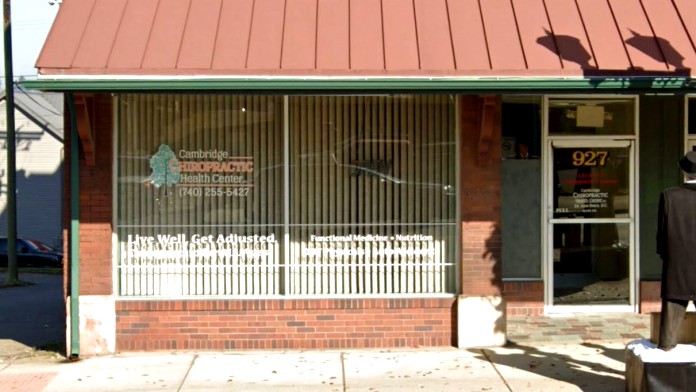
| |
Cambridge, OH | Spero Health – Cambridge, located in Cambridge, Ohio is a private alcohol and drug rehab that offers treatment for a variety of substance abuse addictions including opiate addiction. They offer supervised medical treatment to safely manage withdrawal symptoms during detoxification, residential care providing long term support for addiction recove | Treatments Programs Payment Options | The staff are absolutely amazing! I can walk in there and not worry about being judge they don't give attitudes! They genuinely care about people! They also Will help with whatever you need. Best place ever!
Nicole Blair
8 months ago
If you need it. Its a great place.
Joe Christian
9 months ago
I have been an addict almost all my life spero is a place of sincere compassion to assist someone with sobriety it's not just a paycheck to the staff there that is what made the difference to me and made me feel at ease and not awkward im very grateful and appreciate what spero has done for me
Jay
1 year ago
| ||
Cambridge, OH | Chillicothe VA Medical Center - Cambridge Community-Based Outpatient Clinic is a clinic located in Cambridge, OH. Chillicothe VA Medical Center specializes in the treatment of mental health. Chillicothe VA Medical Center – Cambridge CBOC exists to serve the veteran through the delivery of timely quality care by staff who demonstrate outstandi | Treatments Programs Payment Options | Aways welcomed and very professional staff.
Bob Adams
2 years ago
Best VA experience and continues to be. Dr. Flarey and entire staff from, the reception desk on, is wonderful. So glad I'm a patient here!
Laci Brokaw
5 years ago
| ||
Sandstone Care RestonAd This is an ad and Sandstone Care Reston is a paid advertiser. Paid advertisers may be listed first in search results. This ad may contain content provided by the advertiser. Rehab.com does not verify ad content or any reviews that are displayed. Learn More Reston, VA | Sandstone Care Reston in Reston, Virginia, is a drug rehab and treatment facility that works with teens, young adults and their families. They provide outpatient care if you're struggling with a substance use disorder. They also offer a four week partial hospitalization program (PHP) and a 12 week intensive outpatient program (IOP). You'll work wit | Treatments Programs Payment Options | View Website (888) 491-9937 | Sandstone Care Reston has no reviews yet. Leave a review.
| 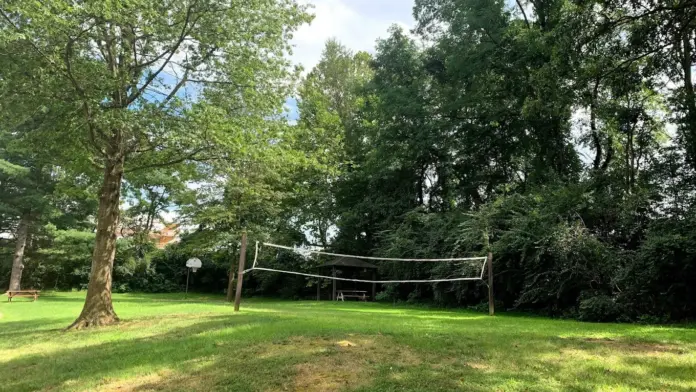
|
Zanesville, OH | Spero Health is an addiction treatment center located in Zanesville, Ohio that treats individuals suffering from opioid addiction, alcoholism andd substance abuse including dual diagnosis disorders. They offer an outpatient program that includes several therapy options including medication assisted treatment (MAT). Those who require more intensive | Treatments Programs Payment Options | I don't ever want my provider to leave! I feel like she cares about me as a person and I have never had that before
Tarasha Hale-Lowe
10 months ago
Spero Health understands!! They will pick you up and guide you out of the dark place that you are in. They will listen without judgment and you will quickly realize that they are not just employees. I grew to love everyone there just as much as I love my own friends/ family!! They truly saved my life and I will forever be grateful for everything they did for me!! I highly recommend them and I pray this review gives you the hope that you needed and will chose them to help you too!!
Carrie Forester
1 year ago
Words can not describe how much Spero health has changed my life! I have been able to change my life at my own pace and was never judged , I was able to better myself for my babies and I will always be grateful ❤️
Randie Anderson
1 year ago
| 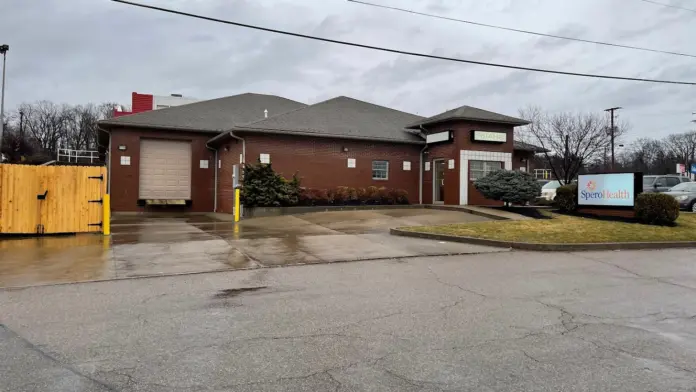
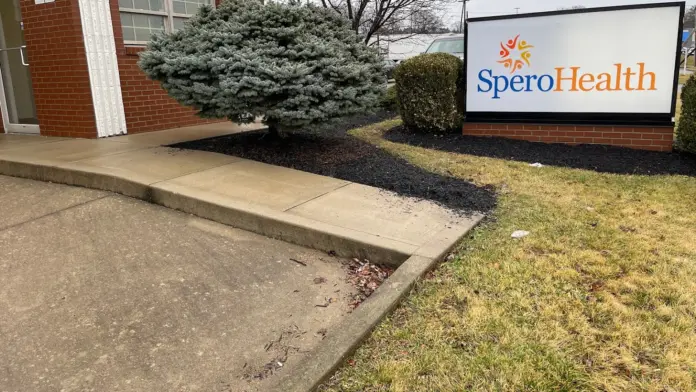
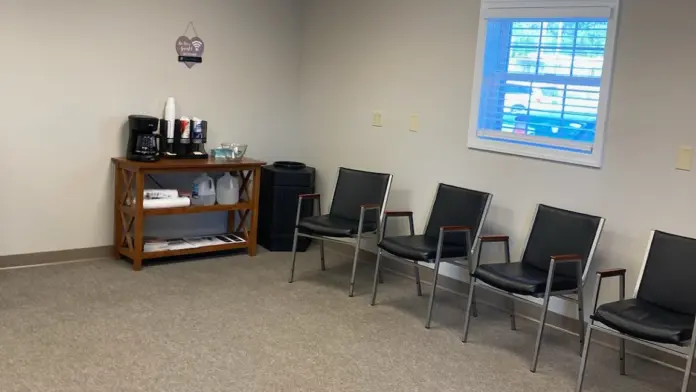
| |
Zanesville, OH | VA Central Ohio Healthcare System - Zanesville Community Based Outpatient Clinic is a community focused outpatient clinic in Zanesville, Ohio. This Zanesville VA Clinic honors veterans by delivering specialized healthcare services to meet their unique needs. You can pay for services here through Medicaid, Medicare and TRICARE. They accept commercia | Treatments Programs Payment Options | I just started last year.I could not be more pleased. I read one that say's they don't listen or care. Perhaps we are going to another office. I have had excellent service and I am truly grateful. Tiffany has been excellent
GS 2019.
6 months ago
Great VA Clinic at ZANESVILLE, OHIO. Started going there during COVID and have steadily had good care from them. Professional staff, courteous schedulers, great lab staff. Great that the mobile audiology lab stops in. No complaints.
Rick Mansfield
1 year ago
Usually the va is ran by idiots but this one is great. Dr kahn actually seems like he cares and is actually competent. Great place.
Allen Gambrel
1 year ago
| 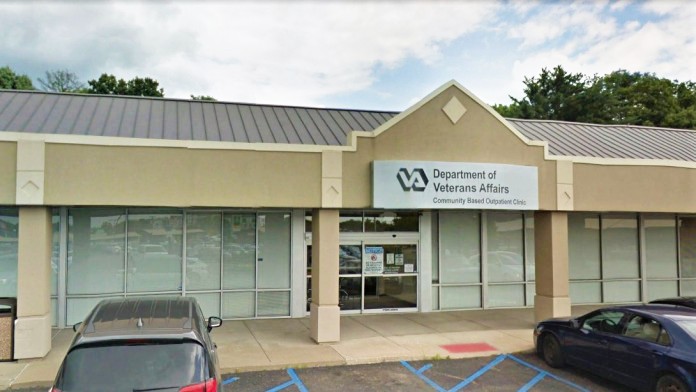
| |
Zanesville, OH | Genesis Healthcare System in Zanesville, Ohio, provides a variety of services, including primary care, specialized care and behavioral health. The behavioral health center is the only comprehensive facility that provides these services in Southeastern Ohio. In one location, you have access to inpatient and outpatient substance abuse treatment for c | Treatments Programs Payment Options | I wish I could gave 100 stars great people great care thanks 🙏 for help me
Brett Counts
3 months ago
Friendly and attentive nursing and medical staff. Wife was in for six days and she got great care.
neil macqueen
3 months ago
I was seen in the emergency room at genesis hospital in zanesville Ohio. My doctor there was Michael Cardone, he was beyond great, was treated like a person not his a patient, explained to my husband and I both what was being done. All of the nurses was nothing but perfect, very patient with me and took their time. I couldn’t have asked for any better treatment! A big thank you to ALL of you that night!
Laura Carr
3 months ago
| 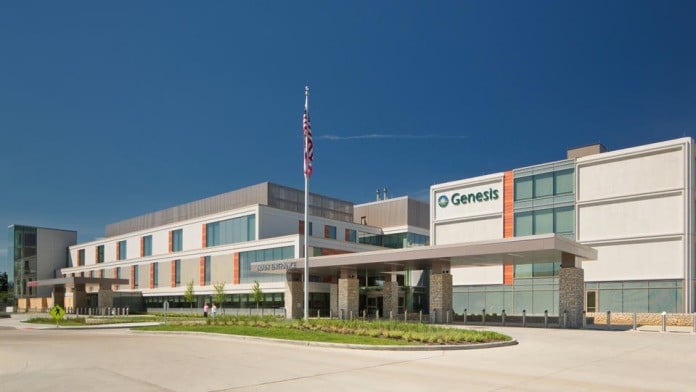
3 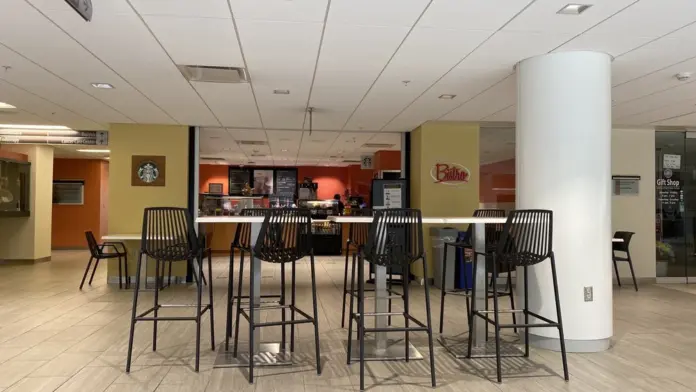
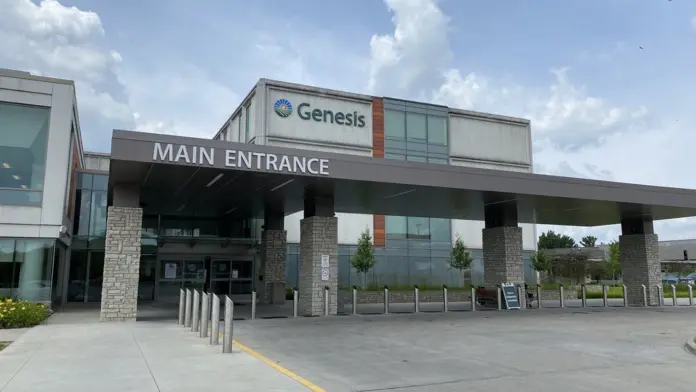
| |
Old Washington, OH | Southeastern Ohio Counseling Center provides substance use and mental health services in Old Washington, Ohio. They offer treatment for children, teens and adults, which includes office and telehealth sessions for more convenience. They accept various health insurance providers, including Medicaid and Medicare. Personalized Treatment The team at | Treatments Programs Payment Options | My husband has been able to heal through the worst childhood possible with the help of Morgan and emdr therapy. The receptionists make you feel so welcome and it's the most comforting and relaxing setting there. Absolutely recommend trying them. He got further here in a year than he did at cedar ridge in a year or mvhc in 5 years. Please give them a chance!!!!
christina Nicholas
7 months ago
They are great with children, we have had very positive results when working with them.
Cindy Voorhies
1 year ago
| 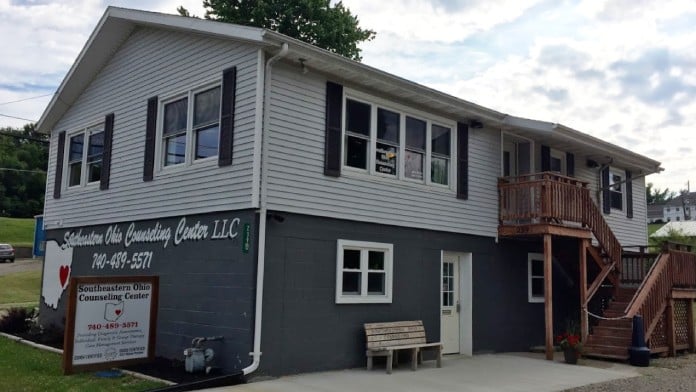
| |
Zanesville, OH | National Youth Advocate Program (NYAP) is committed to the well-being of those we serve and provide community-based mental health services as both a stand-alone program and as an integrated component of our various youth and family programs and services. We are focused on providing the right tools and solutions through various techniques that are b | Treatments Programs Payment Options | National Youth Advocate Program – Zanesville has no reviews yet. Leave a review.
| ||
Zanesville, OH | Located in Zanesville, Ohio, is Allwell Behavioral Health Services. This is a comprehensive care facility that provides a continuum of services for adolescents and adults struggling with behavioral health or drug addiction. Services are available through residential treatment as well as outpatient care. They also have crisis services and supportiv | Treatments Programs Payment Options | Great services! Friendly staff. Go the extra mile!
Josh Little
2 months ago
HELPFUL AND CARING STAFF
shari carney
4 months ago
They help you set up counseling, medicines, there are many services available. they are a good group of people who help the community.
Scout
3 years ago
| ||
Avenues Recovery Center at Fort WayneAd This is an ad and Avenues Recovery Center at Fort Wayne is a paid advertiser. Paid advertisers may be listed first in search results. This ad may contain content provided by the advertiser. Rehab.com does not verify ad content or any reviews that are displayed. Learn More Fort Wayne, IN | Situated in Fort Wayne, Indiana, Avenues Recovery Center is a modern, hotel-like addiction treatment facility. They offer a full continuum of care from inpatient detox, residential, medication-assisted treatment (MAT), outpatient and aftercare programs. They have a 95% long-term sobriety success rate. Residential treatment can begin with detox if n | Treatments Programs Payment Options | View Website (260) 235-5900 | Avenues Recovery Center at Fort Wayne has no reviews yet. Leave a review.
| 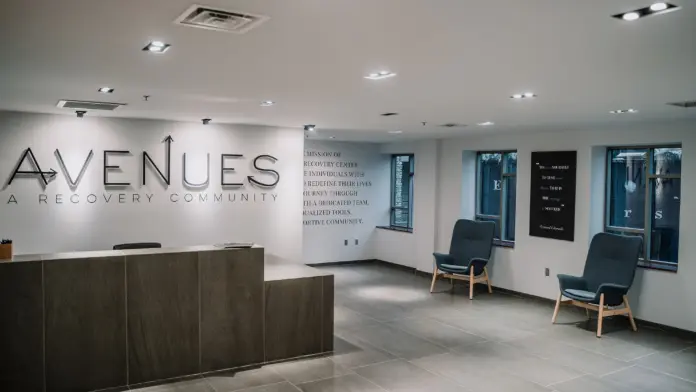
6 6 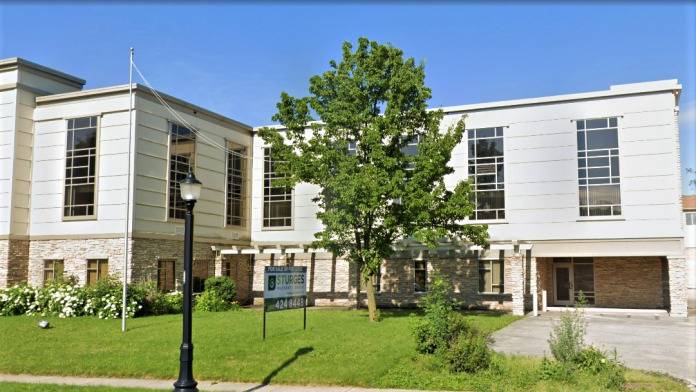
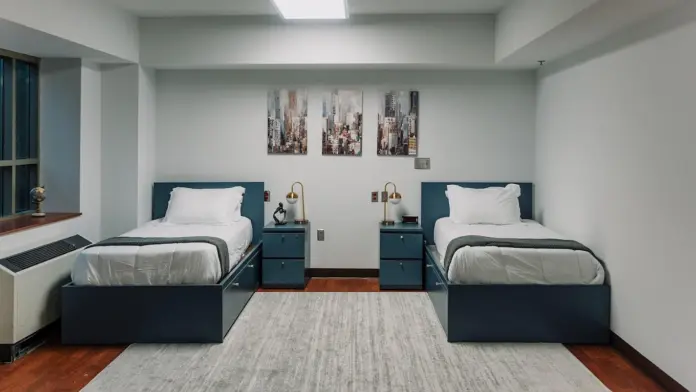
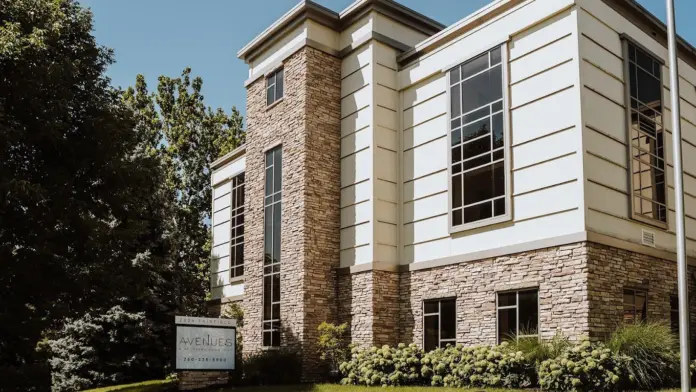
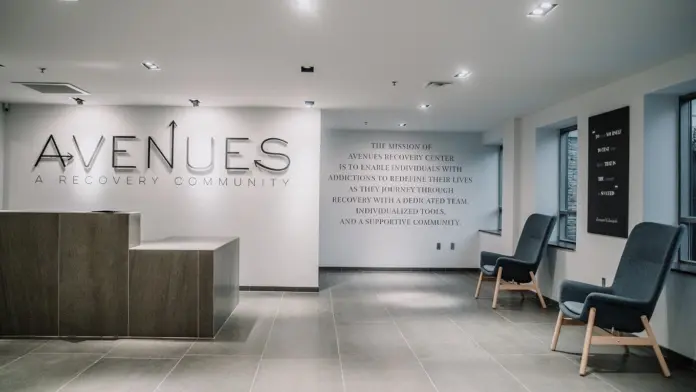
|
Zanesville, OH | Muskingum Behavioral Health in Zanesville, Ohio, is an alcohol and drug abuse treatment facility. They provide prevention, recovery and counseling services for drugs, alcohol, and gambling. Individuals can also receive access to recovery housing and medication assisted treatment. Onsite case management services are provided for residents at the rec | Treatments Programs Payment Options | Muskingum Behavioral Health has no reviews yet. Leave a review.
| ||
Newark, OH | Brightview Newark Addiction Treatment Center is a drug and alcohol addiction clinic in Newark, Ohio. This outpatient clinic uses evidence based therapies and strategies to empower you for long term sobriety and recovery. What exactly are those strategies? Your program will depend on your addiction and what you need for healing. In most cases thoug | Treatments Programs Payment Options | The staff is very helpful and makes my visit very easy every time.
Eva Conley
10 months ago
From the 1st day I walked in Brightview I felt welcome. Each and every staff member treats you like you’re an old friend. They show compassion, kindness and you’re always greeted with a smile. I’m so thankful I came to Brightview!
Lisa Crisafulli
1 year ago
My counselor is AMAZING!
Steven Hufford
1 year ago
| 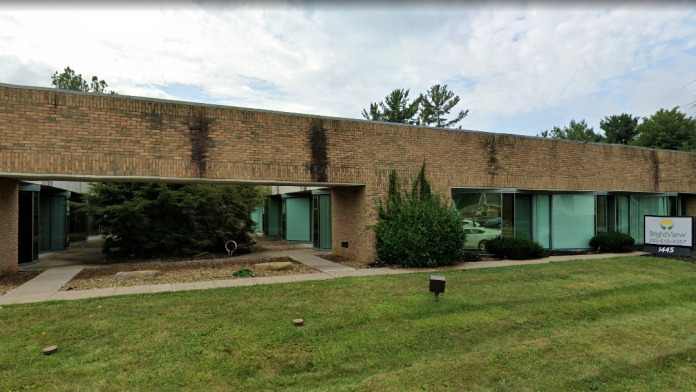
4 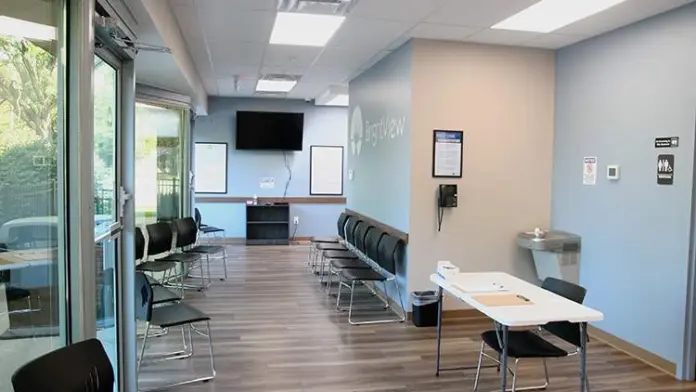

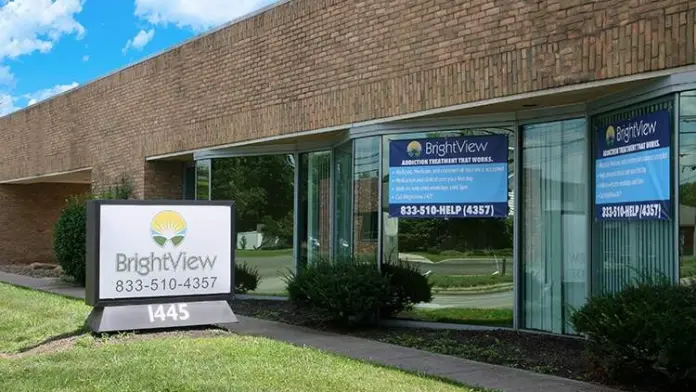
| |
Sherrodsville, OH | The Bluffs is a private rehab program located on 80 acres of scenic woodland in Sherrodsville, Ohio. They provide treatment for substance use as well as co-occurring disorders. They offer detox, inpatient, and medication assisted treatment. You’ll also have the option to follow the traditional 12 Step model to get you back on your feet as you hea | Treatments Programs Payment Options | Great experience and great staff, couldn’t I’ve done it without them?
H
2 months ago
My experience at The Bluffs was honestly the best experience I've had for recovery! I have been to one other facility in the past and Yea alot is the same thing.. But there is something about the people there... Caring. Loving. Compassionate. Understanding. Heck even months after I was discharged from their care I still feel their care! Brandon reaches out almost like a good friend checking in! Kaitlyn my therapist there talked to me one day one the phone while I was going through some motions for almost 2 hours!!! Now if that doesn't speak words to move mountains I don't know what does! Even the friends I made there we are still in contact and talk almost daily! One person I definitely miss and appreciate also is Pastor Mike! (someone tell him I still think he smells nice)! Haha! He'll know what I'm talking about! If you need any sort of help with life and it's addictive sides please reach out to them! They save lives and keep them going! I would love to come back as a speaker and talk about my time there!
Fred Sinz
3 months ago
If you need recovery treatment, a jump start, or a hard reset , this is the place for you. I learned a lot, learned to love myself. My therapist and case manager were so loving and helpful. I’m 35 days sober and counting!
Kate Detchon
3 months ago
| 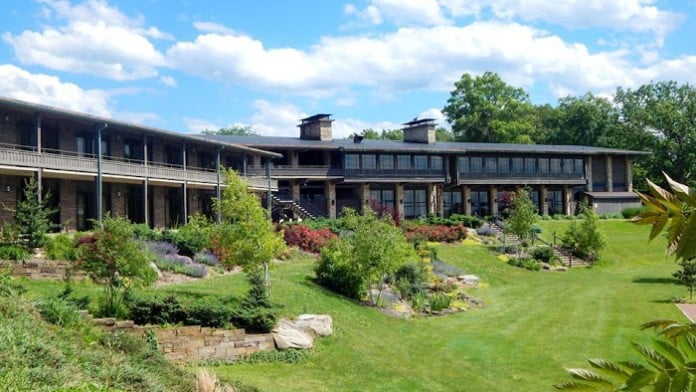
6 6 
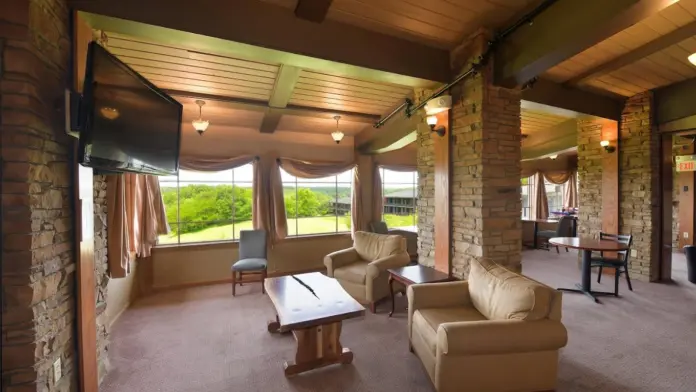
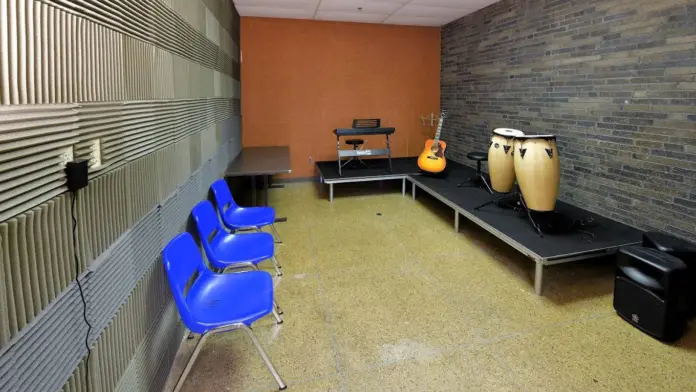

| |
New Philadelphia, OH | At VA New Philadelphia Clinic, you can be sure to receive comprehensive addiction and substance misuse care if you’re a veteran suffering from any form of addiction. They also offer mental health services, including treatment for dual diagnosis conditions. Their levels of care range from outpatient services and inpatient treatment in their networ | Treatments Programs Payment Options | NPVA is an out patient clinic. The staff is friendly from the time you arrive until the time you leave. I have received excellent medical care from any doctor I have seen.
Randy B. Tripp
6 months ago
It's the best VA we have ever visited
Dana Lamp
1 year ago
Was visiting my sick friend and went into bathroom. And there a man standing there with his pants down. Bare genitals. Heard lots of screams of agony from one of the rooms. Caring Staff. Very clean. Overall great experience!
Ryan Harpster (Ryan)
2 years ago
| 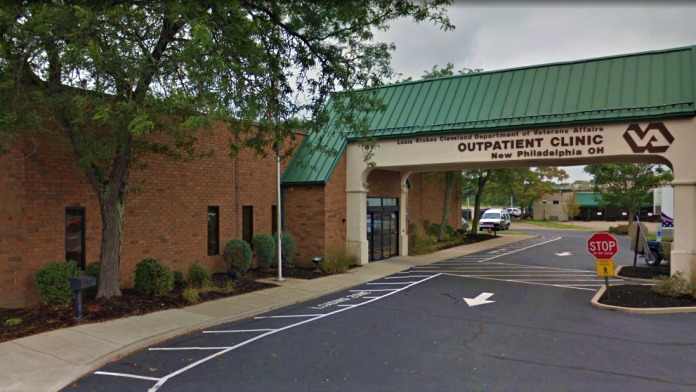
| |
Saint Clairsville, OH | In Saint Clairsville, Ohio you’ll find the Belmont County VA Outpatient Clinic. This clinic operates under the VA Pittsburgh Healthcare System. If you are struggling with your mental health, have substance use struggle, or need other primary care or behavioral health services, you’ll find supportive care here. They support active duty members | Treatments Programs Payment Options | Simply the Best!!! From office, aides, nurses, Drs. Never ever have we had a bad experience.
Karen Greiner
4 months ago
Never have to wait. Very kind staff.
Nancy Cross
10 months ago
i don’t normally like the VA, but best VA service i’ve ever had. first blood work appointment and they allowed me to be seen for something that came up on the fly. asked for a benefits book, and was given someone’s personal pamphlet. was taken aback.
J Heinz
2 years ago
| ||
Marietta, OH | Marietta Memorial Hospital – Behavioral Health is a drug and alcohol rehab and medical facility in Marietta, Ohio. They provide inpatient addiction treatment and psychiatric care for adults. Marietta Memorial Hospital is part of a nonprofit integrated health system based in the Mid-Ohio Valley in Marietta, Ohio. Its behavioral health services a | Treatments Programs Payment Options | Awful wait and awful bedside manner in the ED. However, our surgeon was phenomenal...and much of the staff were equally phenomenal.
Kathryn Heldman
3 months ago
It was a very nice hospital. Went to the ER but I honestly don't see where is better than Camden Clark in Parkersburg
hicsr hitms
6 months ago
The entire staff has been great. Nothing but good positive things to say. I have been treated with compassion and kindness the 8 days I have been in their care. I will never go anywhere else for health care. The problem was identified quick and treatment began immediately. Thank you to the entire staff for the taking such good care of me.
Benjamin Roberts
6 months ago
| 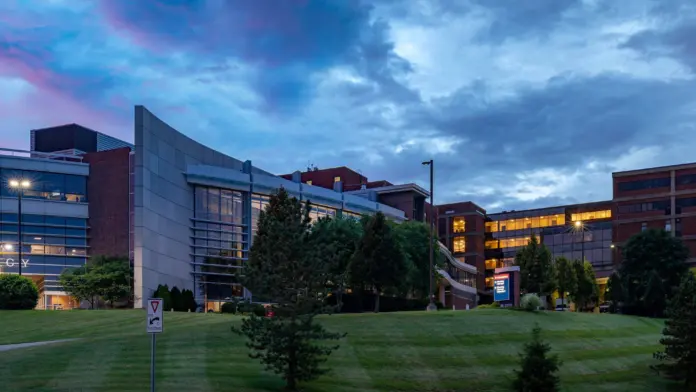
2 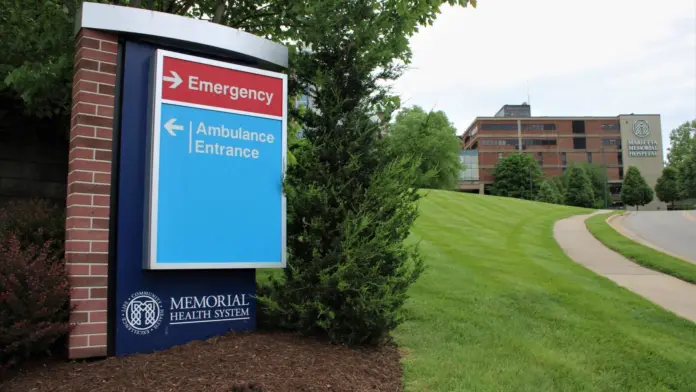
| |
Sandstone CareAd This is an ad and Sandstone Care is a paid advertiser. Paid advertisers may be listed first in search results. This ad may contain content provided by the advertiser. Rehab.com does not verify ad content or any reviews that are displayed. Learn More Rockville, MD | Teens and young adults are able to receive outpatient addiction care at SandStone Care. They have a clinic located in Rockville, Maryland. The organization is accredited by The Joint Commission and are LegitScript certified. They are also members of the Substance Abuse and Mental Health Services Administration and the National Association of Addict | Treatments Programs Payment Options | View Website (888) 491-9937 | Sandstone Care has no reviews yet. Leave a review.
| 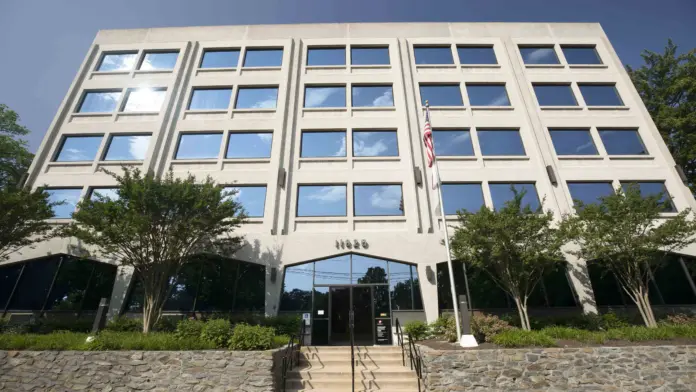
5 5 
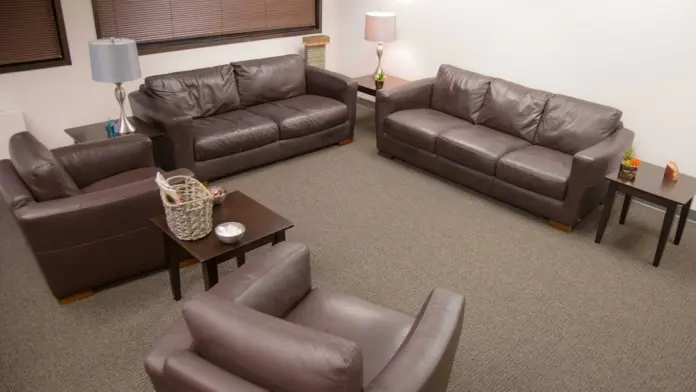
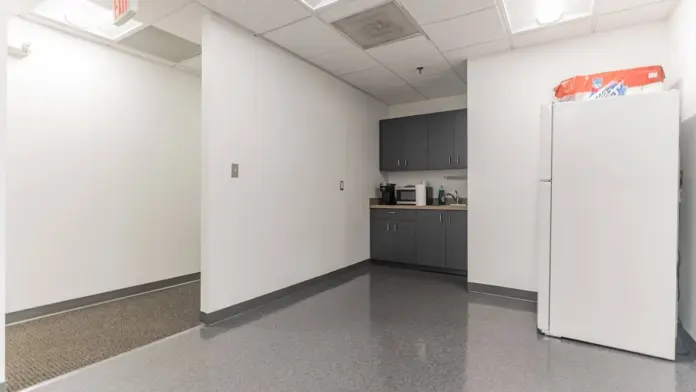
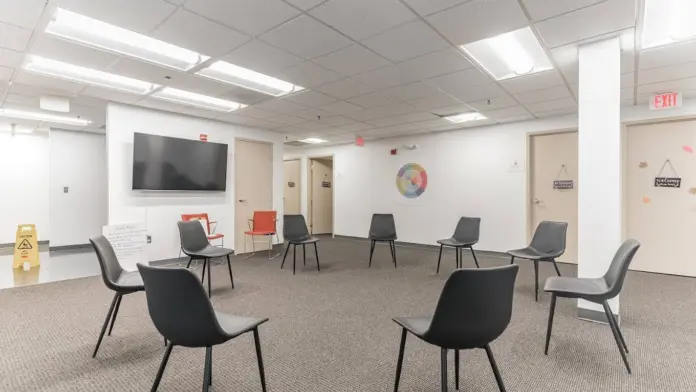
|
Marietta, OH | Spero Health is an outpatient treatment center that provides a range of graduated programs to support substance use disorder (SUD) treatment that’s located in Marietta, Ohio. This facility focuses on adults including pregnant and postpartum women, seniors, military personnel and their families, as well as LGBTQ+ clients and those with histories o | Treatments Programs Payment Options | Great flexibility. I mess my appointment times up regularly and they have never given me any greif for it, and always get me in with no trouble. The staff is friendly and super supportive. Both of these are not typical for these clinics, in my experience. Spero is a breath of fresh air. I look forward to talking to everyone.
Hippeace Palmer
3 months ago
Been to multiple different clinic, this is by far the best one I've been to (except maybe the one I had to pay $300 a month for, but cash buys kindness and Drs that care). If you or a loved one wants help and have at Medicaid. Go here, Brightview keeps you on average of 3 hours and you'll have a new counselor every other week and have to basically restart your progress.
Spero will be building on a bit & getting their own Pharmacy! So no more 2 hour waits to m
Josh MC
4 months ago
Took my husband there everyone is so welcoming & kind. The environment is also peaceful he really likes coming here.
Emily Lambert
6 months ago
| 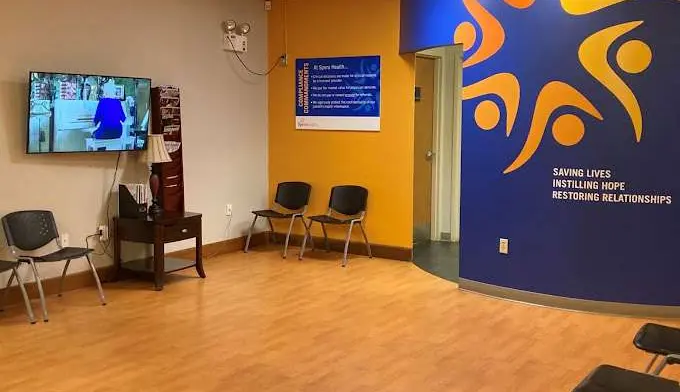
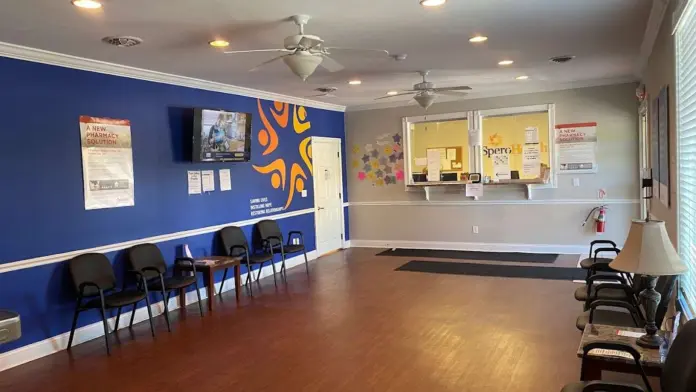

| |
Newark, OH | Located in Newark, Ohio, you’ll find the Daniel L. Kinnard VA Clinic, a VA treatment center for veterans. You can also find help for mental health issues, primary medical care, and social work services. The VA can also refer you to treatment options for addiction, including integrated care for co occuring substance use and mental health diagnoses | Treatments Programs Payment Options | Always friendly and professional.
Scott Davidson
1 year ago
Nice friendly staff
Damian Dominic
2 years ago
I want to thank everyone including Dr Robyn for the wonderful care they gave my husband Dr. John Barr. Dr Barr passed away in 2021 from dementia and pneumonia. Thanks Dr Roybn for your care and for lining up the VA home based care team for me. They were a lifesaver, God Bless. Carol Ferguson john's wife.
carol ferguson
2 years ago
| 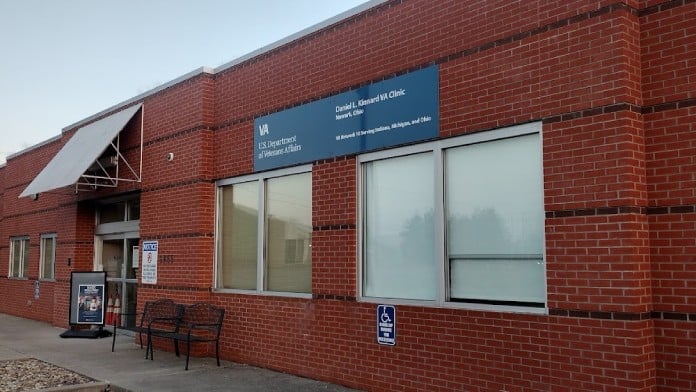
2 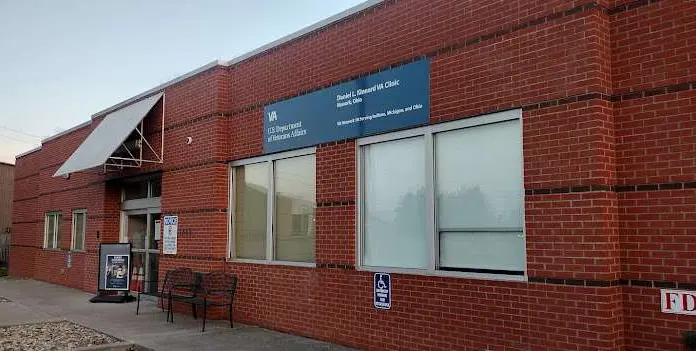
| |
Wheeling, WV | Northwood Health is invested in changing the lives of the community residents where they operate through quality and affordable behavioral health care. They offer mental health support, substance use treatment and help with co-occurring conditions. They’ve multiple facilities serving residents of Hancock, Ohio, Marshall and Wetzel counties in Wes | Treatments Programs Payment Options | A varied array of services helping a wide range of people including IOP and dui classes. They've always treated me well and I'd recommend them.
Hannah Blood
4 months ago
Very good service
john lee
5 months ago
Northwood has helped us over the years for my son's care. Everyone has been professional helpful.
Deborah Lennox
7 months ago
| 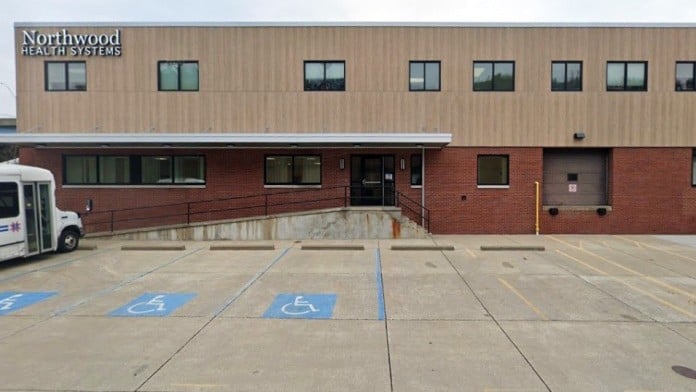
2 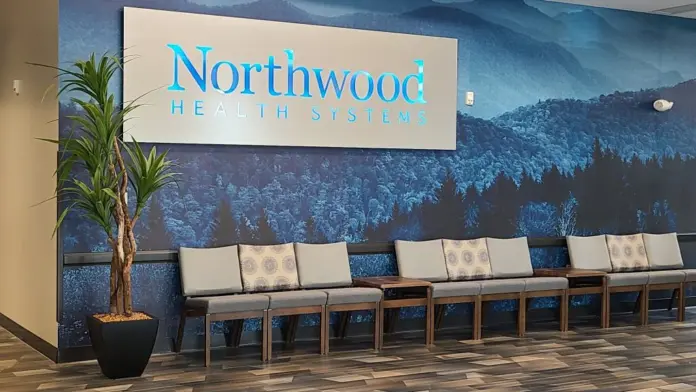
| |
Wheeling, WV | Youth Services System in Wheeling, West Virginia, provides youth with several community-based, residential and substance abuse prevention services. Which service you choose will depend on your needs, but most find the transitional living program and prescription substance misuse prevention programs the most beneficial. Transportation to and from th | Treatments Programs Payment Options | Amazing place that offers so much for the youth in the area! 😇
Alicia Miller
2 years ago
Very nice and helpful organization
Terri Morrin
2 years ago
Nice place to drop off donations and they do a lot for homeless folks and children in need
Sharon Stradwick
2 years ago
| 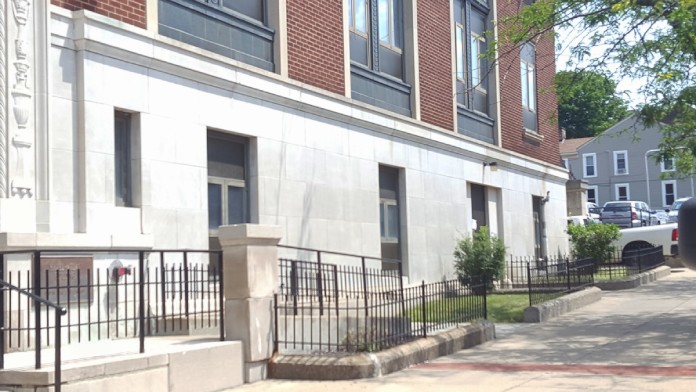
| |
Belmont, OH | Crossroads Counseling Services - Awakenings offers a residential treatment for women with chemically dependent issues. Crossroads Counseling Services - Awakenings is located at Belmont, Ohio. Crossroads Counseling Services – Awakenings is dedicated to provide quality accessible and affordable treatment. They are committed to assisting their | Treatments Programs Payment Options | Awakenings Residential Treatment gave me a 2nd chance at living! Thanks to all the staff for helping me become a better me! I love you guys! Forever a piece of my family and my heart!!
Shasta Streets
2 years ago
?? I loved it! Great staff! Great classes! Great structure! It helped me love myself again, and get my life on the correct path!
8 years ago
| ||
New Philadelphia, OH | The OhioGuidestone Tuscarawas Outpatient Counseling Center provides thorough substance abuse services in New Philadelphia, Ohio. Their approach empowers you to actively define what recovery means to you. The first step in your journey is an assessment appointment. This includes a behavioral health diagnosis in accordance with the American Society o | Treatments Programs Payment Options | I'm usually not one to leave reviews, but my experience was so good. I was super nervous leading up to my appointment. The staff were nothing but kind, and Ali was so easy to talk and open up to. I highly recommend Guidestone New Phila office.
Rachael Kopras
7 months ago
This place has been a safe space and staple in my life since around 13 years of age. In my honest opinon they focus more on Family unity and comunication, but I have had a lot of help with PTSD and self-esteem as well as assertivness and anger issues. Things seemed to run more smoothly when I was a child perhaps that is perception or changing of the times? Either way, that is something I would like to return and will myself work on. The atmosphere is very zen compared to before their remodel, the staff is still very friendly to me and/or professional, when problems have accured I have to be the ONE that is reminding them there is a problem, which is fair. I have went a few years inbetween treatments and always been honest with them and they have never done me dirty.
LJ Biddlestone (AJTyme)
2 years ago
They're very helpful in Madison the counselor is awesome She goes above and beyond in this secretary She is very helpful and kind and the nurse Brittany is very respectful of others and she gives good shots She makes us laugh and she's kind and thoughtful
Minister Amanda Qualls
2 years ago
| 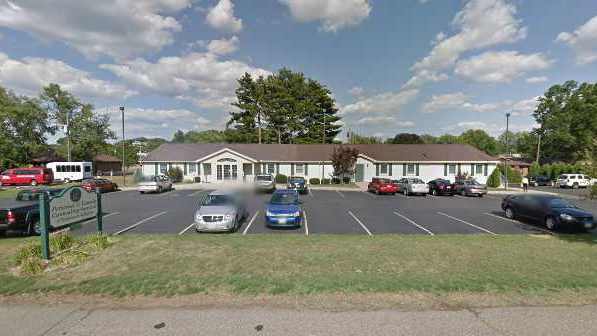
| |
Boca Recovery Center – Bloomington Alcohol & Drug RehabAd This is an ad and Boca Recovery Center – Bloomington Alcohol & Drug Rehab is a paid advertiser. Paid advertisers may be listed first in search results. This ad may contain content provided by the advertiser. Rehab.com does not verify ad content or any reviews that are displayed. Learn More Bloomington, IN | The Boca Recovery Center is a luxury alcohol and drug rehab center for adults in Bloomington, Indiana. They specialize in cutting edge addiction treatment provided in a residential setting. Boca Recovery Center Bloomington is a luxury addiction treatment center in Bloomington, Indiana, offering medical detox, residential treatment, and partial hosp | Treatments Programs Payment Options | View Website (930) 203-1400 | Boca Recovery Center – Bloomington Alcohol & Drug Rehab has no reviews yet. Leave a review.
| 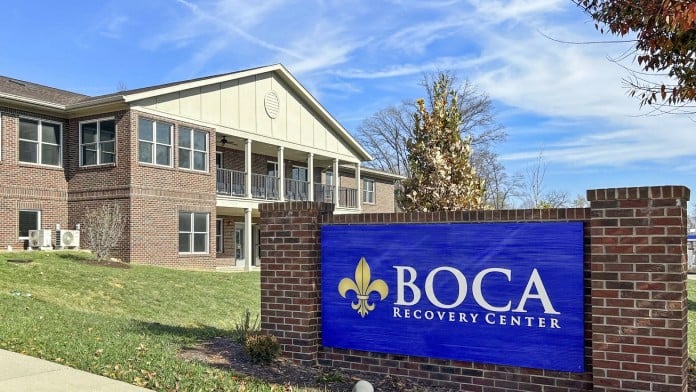
6 6 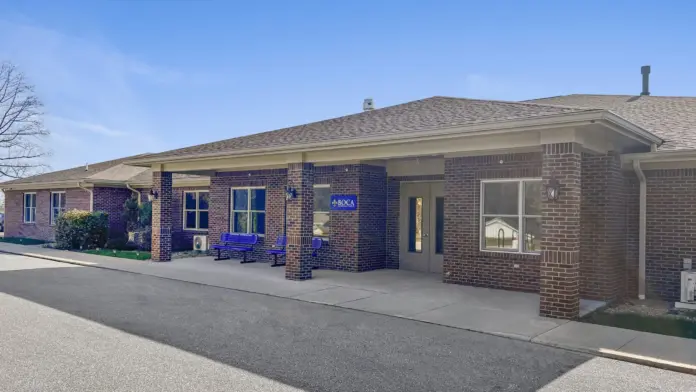
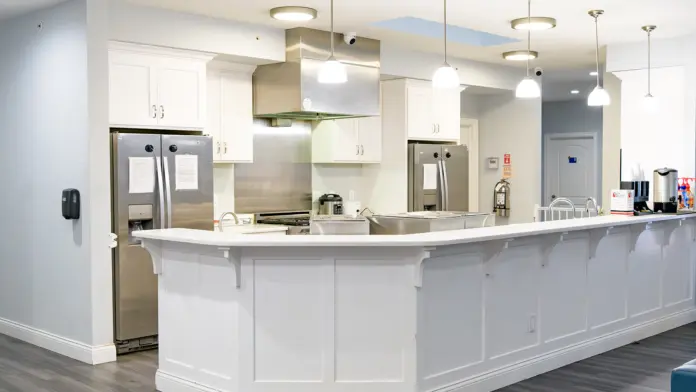
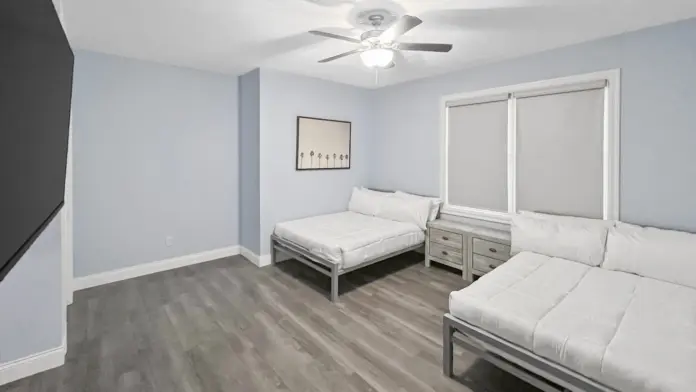
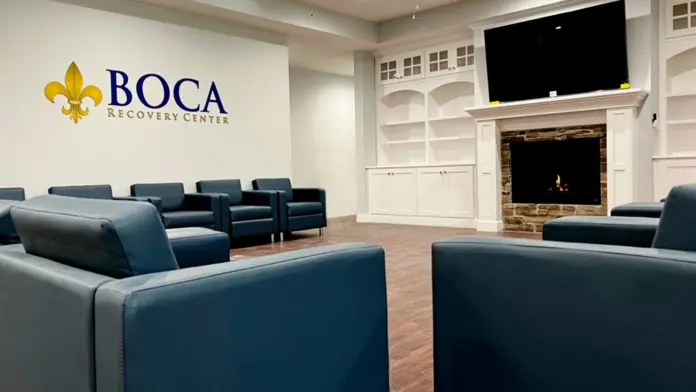
|
Dover, OH | SpringVale Health Centers is now called Springvale Health Centers. They are located in Dover, Ohio. They provide behavioral health services to treat and address conditions for clients who have been diagnosed with co-occurring substance use disorder (SUD) and mental health issues. Treatment and Therapy for Co-Occurring Disorders They offer individ | Treatments Programs Payment Options | I had a wonderful experience at Springvale dental today. The staff, in its entirety were nothing but courteous, professional, welcoming, tactful, educational, and a general delight to deal with. I would add more than 5 starts if I could. My children and I won't be going anywhere else! What a pleasure!
Chris Allen
3 months ago
A fabulous community resource for low-income residents.
MAX Desmay
4 months ago
Awesome people. very patient and understanding. Probably going to keep going for many years. who knows, maybe longer. If you need a genuine person to talk to this is the place. They listen to everything you have to say and every concern you have. Can't ask for more from these guys.
Kyler Smith
5 months ago
| 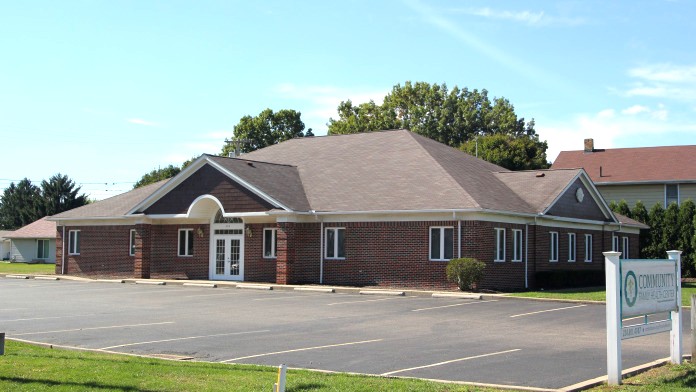
| |
New Lexington, OH | Perry Behavioral Health Choices’ Stanton Villa in New Lexington, Ohio, is a facility that supports women who struggle with substance use disorder. We like that they provide accommodations for clients’ children and offer on site nursing to support your health during treatment. We really admire their combination of compassionate care and comp | Treatments Programs Payment Options | I can’t thank Santon Villa I was so broken when I got there. The staff was so kind and caring and helped me learn how to live again. If you are truly broken and want there help they can help you become better. I will never forget any of them and they will always have a special place in my heart. Thank you all for everything.
Rebecca Drake
6 months ago
I have to admit that I came here with a very bad attitude and low expectations because I didn't want to be here. Nevertheless, they were so good and kind to me that they gained my trust and appreciation. Thanks to them I got sober, and I won my family and friends back. I'm still working to be the person I've always dreamed of being, but I know I'm getting there day by day. Thank you for going above and beyond to help me.
7 years ago
CAN YOU HAVE PHONES?
Jables
7 years ago
| 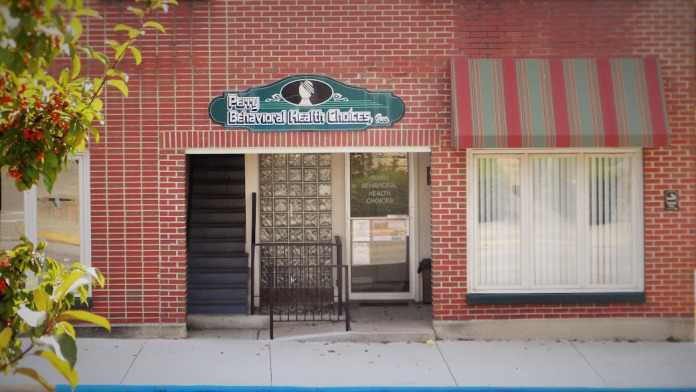
| |
Newark, OH | Located in Newark, Ohio, Courage House Women’s Recovery Center is a alcohol and drug rehab that supports adult women to recover from substance use. They offer inpatient residential treatment for women and their accompanying children, outpatient counseling, and comprehensive mental health services. Addiction treatment services offered at Courage H | Treatments Programs Payment Options | Helped my dad
Christian
6 months ago
These people will invest in you until you're able to invest in yourself.
Among other things.
iNVESTiNYOUROWNgR8Ness
J Gartside
1 year ago
I went to Women's Recovery Center for a weak, the food is pretty good and I made a couple of temporary friends there, sometimes the nurses were rude, besides that, I had a decent time.
7 years ago
| ||
Newark, OH | The National Youth Advocate Program provides care services for children, teens and families. They offer counseling and many other programs to improve and empower families and individuals. NYAP has been working with community members since 1978 and now serves 16 states with multiple locations in each. One of their Ohio locations is in Newark. It’s | Treatments Programs Payment Options | Helpful
Cody Loughman
7 years ago
They in ice
Bryan Anderson
7 years ago
Extremely helpful place with people who are willing to care.
Will G
7 years ago
| 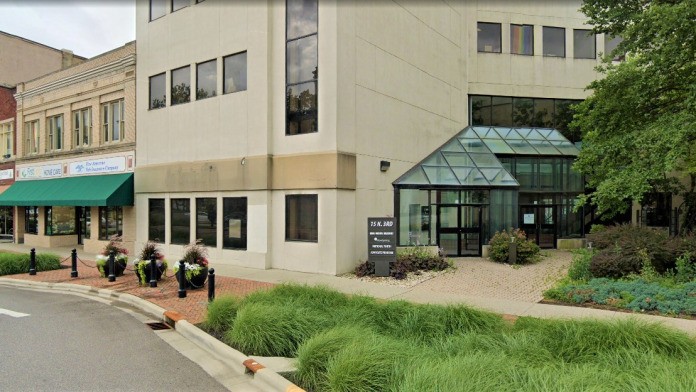
|

Ohio is ranked 25th nationwide in terms of addiction treatment affordability, with an average cost of addiction treatment of $56,688.
The costs of drug and alcohol rehab in Ohio vary widely and depend on several factors, including:
The costs of addiction treatment listed for cities and states are averages based on the cost of the treatment types listed above. These averages are high due to the cost of medical detoxification and residential inpatient rehab programs.
These numbers also reflect the raw cost of drug rehab, before any insurance coverage. The typical individual seeking addiction treatment can expect to pay much less for outpatient or intensive outpatient services than the averages listed below.
There are many ways to pay for drug rehab in Ohio. Most treatment centers accept cash or self-payment, as well as private health insurance. However, there are many treatment centers in Ohio that accept Medicaid and Medicare, or offer sliding scale payments or other low-cost payment options. Here’s the complete breakdown of how to pay for addiction treatment in Ohio.
Aetna is the most widely-accepted insurance for drug rehabs in Ohio, with 184 treatment centers in the state accepting their insurance. UnitedHealth Group is the 2nd most popular with 152 treatment centers accepting it followed by Blue Cross Blue Shield in 3rd accepted by 148 drug rehabs.
Ohio is ranked 39th nationwide in drug rehab admissions, with 214 rehab admissions per 100,000 population in 2023, which is significantly lower than than the U.S. national average of 621 admissions per 100,000.
The following are the number of Ohio rehab admissions in 2023 for each of the 6 most frequently used drug classes, as well as the relative percent for each type of drug.
Source: Substance Abuse and Mental Health Services Administration. National survey of substance abuse treatment services (N-SSATS).
Ohio is ranked 15th nationwide in terms of annual drug overdoses, with an average of 36.6 overdoses per 100,000 population and a total of 4,320 overdoses in 2023. Opioid abuse accounted for 79% of all drug overdoses in Ohio, with a total of 3,414 opioid overdoses in 2024.
Centers for Disease Control and Prevention. Provisional drug overdose death counts. U.S. Department of Health and Human Services.
Ohio is ranked 31st for drug and narcotics-related violations, with an estimated 351 narcotics citations per 100,000 population which is lower than the National Average of 421.
All values are per 100,000 population.
Federal Bureau of Investigation. Crime data explorer: Crime trends. U.S. Department of Justice.
Ohio has the 46th highest rate of drunk driving in the nation, with a total of 97 DUI arrests per 100,000 people in 2023 (and 11,387 total DUI arrests).
All values are per 100,000 population.
SafeHome.org. DUI statistics and trends.